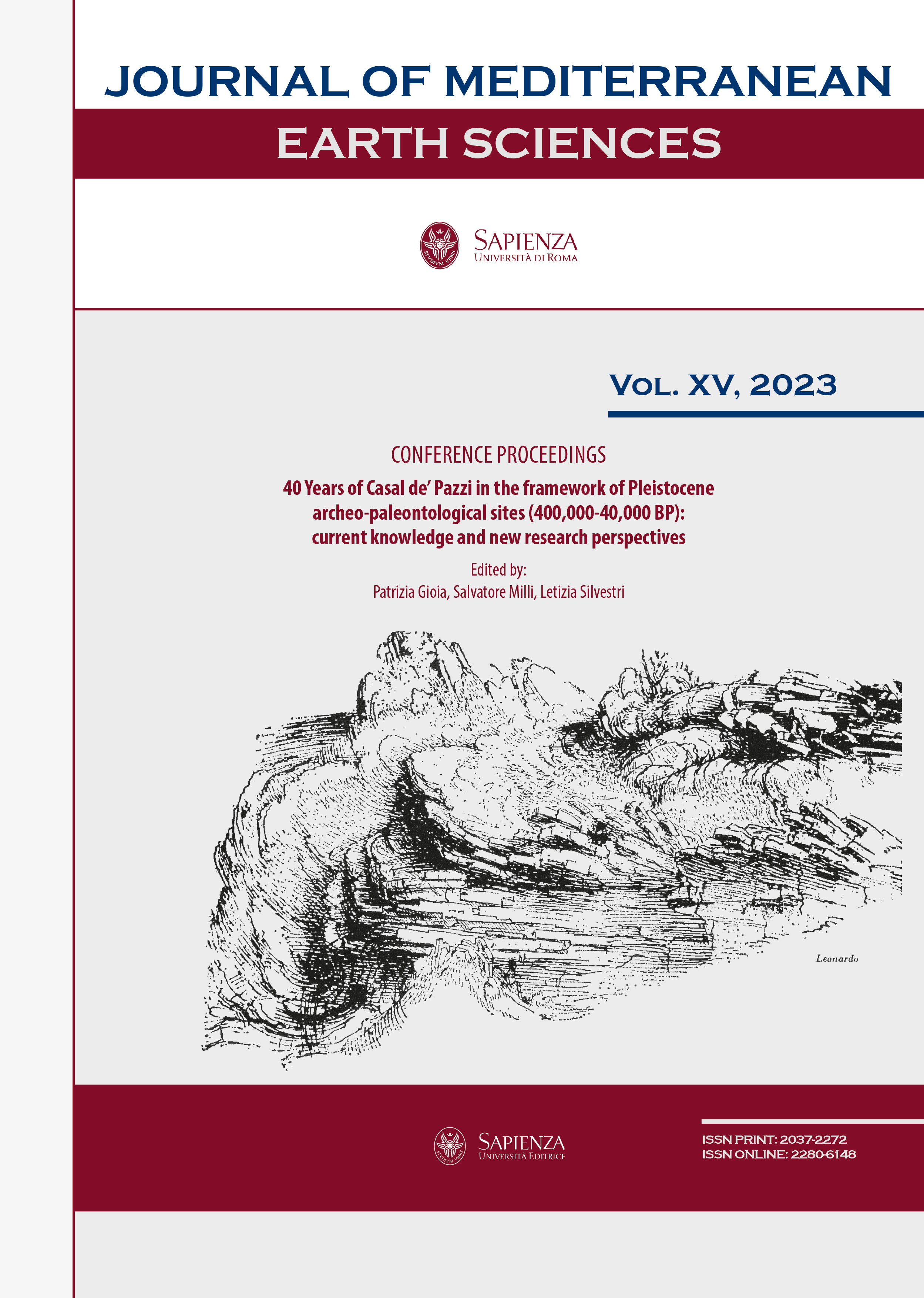Fossils, evolution, and progress: origins and development of a philosophical and scientific debate in England
DOI:
https://doi.org/10.13133/2280-6148/18156Abstract
Since Darwin’s time, biologists and philosophers have debated the issue of progress. Today, the concept of ‘progress’ continues to define evolutionary discussions, even though the origins of the concept date back many years before the publication of Origin of Species (1859). At that time, the study of fossils, together with all those natural transformations imagined to have occurred in the history of life on Earth, provided proper occasions to reflect on evolutionary changes, which were frequently interpreted in terms of progress. An optimistic view of natural history could be justified by such interpretations of the fossil record, which related the development of life to the continuous improvement of living forms. Going back to the philosophical and scientific origins of this debate, we can explore the motivations behind this view of evolution as progress through a historical and interdisciplinary framework. Due to the breadth of the subject, this article (with a few exceptions) will only consider the philosophical and scientific debate about these topics in the English intellectual context. I will begin by showing how the study of nature in the early 19th century was often linked to a progressive interpretation of animal classification and fossil discoveries. I will show later how evolution became associated with the idea of progress through embryology, influencing the English debates on species development. In the third part, I will move away from the purely scientific context for a moment to highlight how the issue of progress did not only concern the natural sciences or theories on the natural history of species but was also a prevalent theme in the English intellectual and historiographical culture of 18th century. I will conclude with a discussion of how “progress” was increasingly popular in Darwin’s time (before he published The Origin of Species), also influencing creationist thinking and, naturally, Darwin himself.
Downloads
Published
How to Cite
License
The submission has not been previously published, nor is it before another journal for consideration (or an explanation has been provided in Comments to the Editor).


